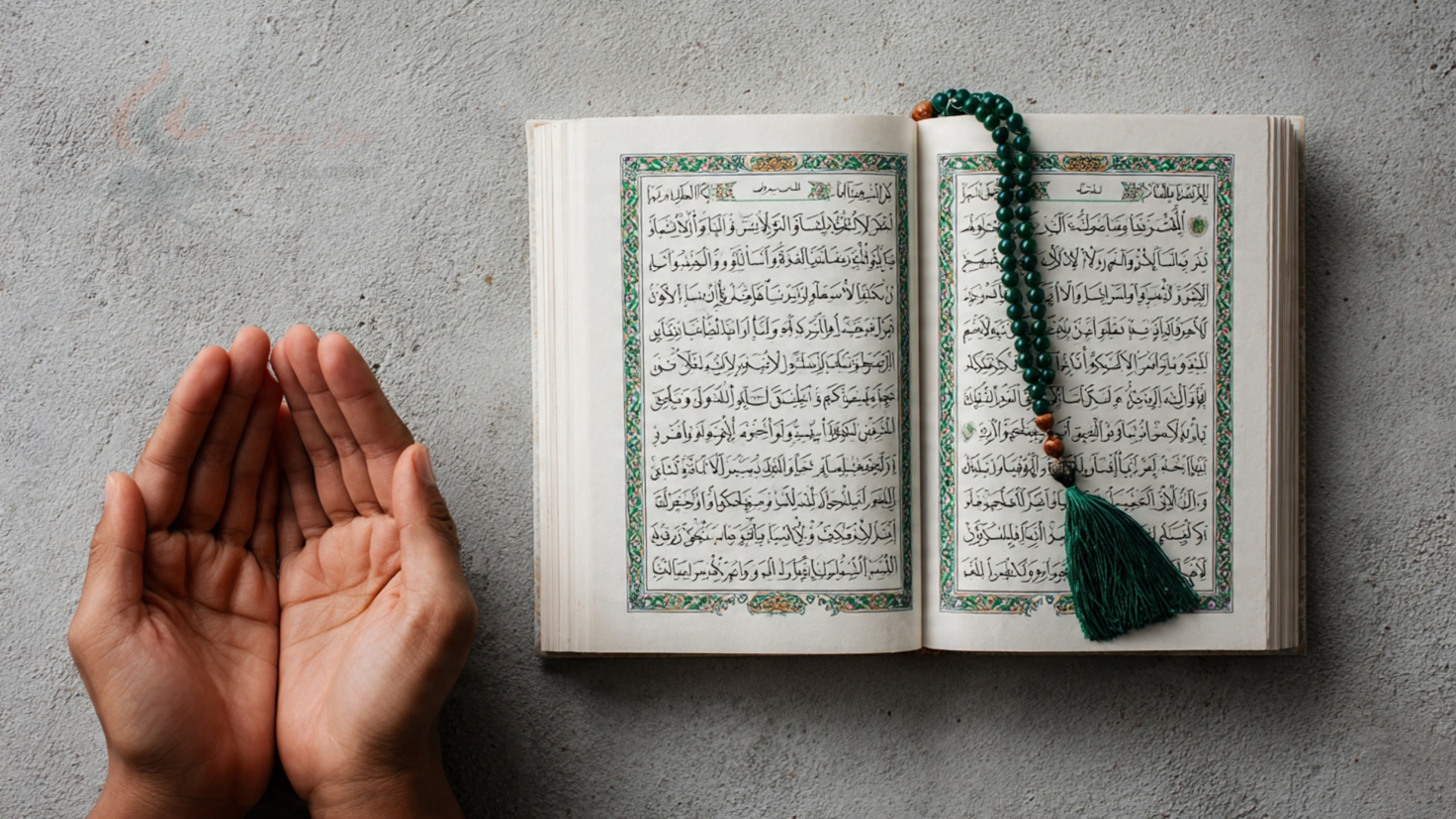Surah Al-Fil, or “The Elephant,” is the 105th chapter of the Quran, consisting of five concise yet powerful verses. It narrates the miraculous downfall of Abraha’s army as they attempted to destroy the Kaaba in Mecca. Despite its brevity, this chapter encapsulates profound lessons about divine intervention and the supremacy of Allah’s power. It is named after the army’s defining feature, war elephants, which were rendered helpless by Allah’s command.
Scholars and researchers have extensively highlighted how Surah Al-Fil validates historical records of Abraha’s invasion. The chapter is often examined for its theological significance, emphasizing Allah’s protection of sacred places. Analysts also underscore its historical alignment with oral traditions prevalent in pre-Islamic Arabia. Furthermore, this event’s occurrence during the Prophet Muhammad’s birth year is seen by many as a precursor signaling Mecca’s spiritual importance.
Its narrative of tiny birds defeating a mighty army serves as an inspiring reminder of unseen forces and the power of unity. Whether reflecting on personal challenges or global struggles, this Surah offers hope, urging us to trust in a higher power and remain steadfast.
Historical Context of Surah Al-Fil
Surah Al-Fil refers to a pivotal event that occurred in the year of the Prophet Muhammad’s (PBUH) birth, approximately 570 CE, also known as the “Year of the Elephant” (Aam al-Feel). This event centers on the attempted invasion of Mecca by Abraha, the Abyssinian governor of Yemen. Abraha sought to destroy the Kaaba in a bid to redirect Arab trade and pilgrimage to the grand cathedral he had constructed in Sana’a, Yemen.
Abraha’s army, which included war elephants, was an unprecedented threat in Arabia. The sight of such a massive and powerful force struck fear into the hearts of the tribal inhabitants of Mecca. The Kaaba, revered as a place of worship even during the era of pre-Islamic idolatry, held deep spiritual significance. This attack was not just a physical confrontation but also an affront to the sanctuary’s sanctity.
As Abraha’s army approached Mecca, the Quraysh tribes, led by Abdul Muttalib (the grandfather of Prophet Muhammad), recognized their inability to protect the Kaaba against such formidable opposition. Abdul Muttalib is famously reported to have said, “The House has its Lord to protect it.” The Meccans withdrew to the nearby hills, leaving the matter to Allah.
According to the Quran, Allah responded by sending flocks of birds (Tayran Ababil) armed with small stones of baked clay (Hijarat min Sijjil). Surah Al-Fil encapsulates this miraculous event, emphasizing Allah’s intervention and supreme power.

Surah Al-Fil Transliteration, English& Urdu Translation
بِسۡمِ ٱللَّهِ ٱلرَّحۡمَٰنِ ٱلرَّحِيمِ
Bismillah hir rahman nir raheem
In the name of Allah, the Entirely Merciful, the Especially Merciful.
أَلَمۡ تَرَ كَيۡفَ فَعَلَ رَبُّكَ بِأَصۡحَٰبِ ٱلۡفِيلِ
Alam tara kaifa fa’ala rabbuka bi ashaabil feel
کیا تو نے نہ دیکھا کہ تیرے رب نے ہاتھی والوں کے ساتھ کیا کیا؟
Have you not considered, [O Muhammad], how your Lord dealt with the companions of the elephant?
أَلَمۡ يَجۡعَلۡ كَيۡدَهُمۡ فِي تَضۡلِيلٖ
Alam yaj’al kaidahum fee tadleel
کیا ان کے مکر کو بےکار نہیں کردیا؟
Did He not make their plan into misguidance
وَأَرۡسَلَ عَلَيۡهِمۡ طَيۡرًا أَبَابِيلَ
Wa arsala ‘alaihim tairan abaabeel
اور ان پر پرندوں کے جھنڈ کے جھنڈ بھیج دیئے
And He sent against them birds in flocks,
تَرۡمِيهِم بِحِجَارَةٖ مِّن سِجِّيلٖ
Tarmeehim bihijaaratim min sijjeel
جو انہیں مٹی اور پتھر کی کنکریاں مار رہے تھے
Striking them with stones of hard clay,
فَجَعَلَهُمۡ كَعَصۡفٖ مَّأۡكُولِۭ
Faja ‘alahum ka’asfim m’akool
پس انہیں کھائے ہوئے بھوسے کی طرح کردیا
And He made them like eaten straw.
These verses highlight the intervention of Allah in thwarting the aggressive ambitions of Abraha and his army. The detailed sequence of events, though brief, serves as a testament to divine power and justice.
The Significance of Surah Al-Fil
Divine Protection of Sacred Spaces
Surah Al-Fil underscores the sanctity of the Kaaba and Allah’s role in safeguarding it. The destruction of Abraha’s army was a clear demonstration of Allah’s ability to protect His House. This event further established Mecca as a spiritual haven and the heart of pilgrimage for centuries.
A Message of Reliance on Allah
The Quraysh tribes, though guardians of the Kaaba, understood their limitations against a well-equipped army. Their reliance on Allah reflects the core Islamic principle of Tawakkul (trust in Allah), teaching believers to surrender to Him in times of adversity.
Historical Validation
The event of the Elephants was well-documented in Arabian oral history and widely recognized among the tribes, adding credibility to the Quran’s narrative. This alignment between historical events and divine revelation solidified faith in the prophetic message.
A Precursor to Prophethood
Occurring in the year of the Prophet Muhammad’s birth, the incident of Surah Al-Fil sets the stage for his prophethood. It highlighted Mecca’s spiritual importance and prefigured the advent of Islam.
Lessons from Surah Al-Fil
The Limits of Human Power
Despite their immense strength and resources, Abraha’s army met devastation through a method as unexpected as a flock of birds.
Unity and Humility
Abdul Muttalib’s calm demeanor and wise acknowledgment of limitations serve as a lesson in humility and unity. The reliance on Allah aligned the Meccans with the divine.
Miracles and Signs
This Surah, like others in the Quran, is a reminder of Allah’s miracles and signs. Events like these strengthen faith in His omnipotence and reassure believers of His justice.
Relevance of Surah Al-Fil Today
Surah Al-Fil teaches timeless lessons that hold relevance in today’s complex world. No matter how powerful a force appears, it pales in comparison to divine power. Today, as individuals and communities face challenges, disasters, and conflicts, this Surah serves as a reassurance that Allah’s will and justice prevail.
The example of the Quraysh relying on Allah strengthens the concept of turning to faith and remaining steadfast in turbulent times. Surah Al-Fil also highlights the significance of protecting sacred values, traditions, and beliefs from aggression and materialistic pursuits. Regardless of adversities, standing firm for righteousness ensures divine support and ultimate triumph.
Unique Perspective on Surah Al-Fil
Surah Al-Fil not only commemorates a historical event but also challenges us to reflect on timeless values of faith, humility, and the recognition of divine sovereignty. It reminds us of the strength found in reliance on a higher power, urging modern believers to place their trust in Allah amid life’s uncertainties. The strategic use of flocks of birds to destroy an army symbolizes the power inherent in unity and small, overlooked factors.
The Surah also serves as a reminder of the sanctity of sacred spaces and the need to protect what is pure and valuable in the face of external threats. Be it personal faith, community values, or shared spiritual heritage, the message of Surah Al-Fil calls for vigilance, devotion, and confidence that divine justice will ultimately prevail.
Conclusion
In conclusion, Surah Al-Fil offers a profound perspective on the fusion of history, faith, and divine intervention. It invites readers to reflect on their relationship with Allah and the world around them, motivating them to stand firm in their beliefs and trust in the ultimate plan of the Creator. Surah Al-Fil is not just a story of the past; it is a powerful lens through which to view the trials and triumphs of life, serving as a beacon of hope and strength for generations to come.




